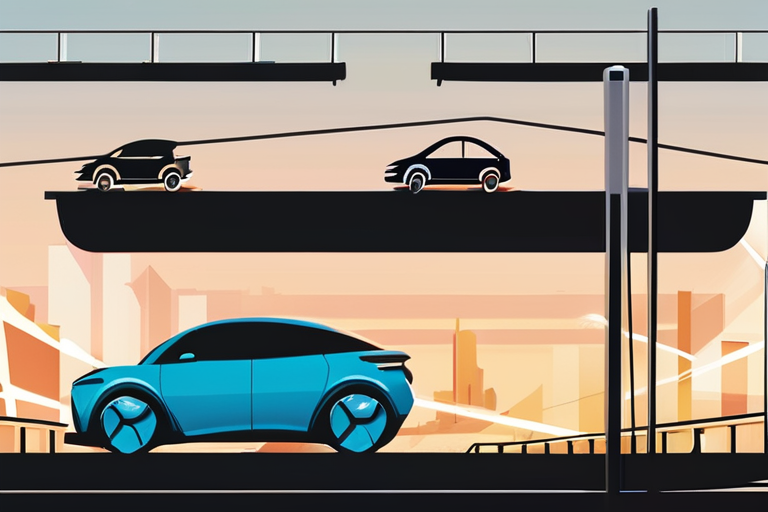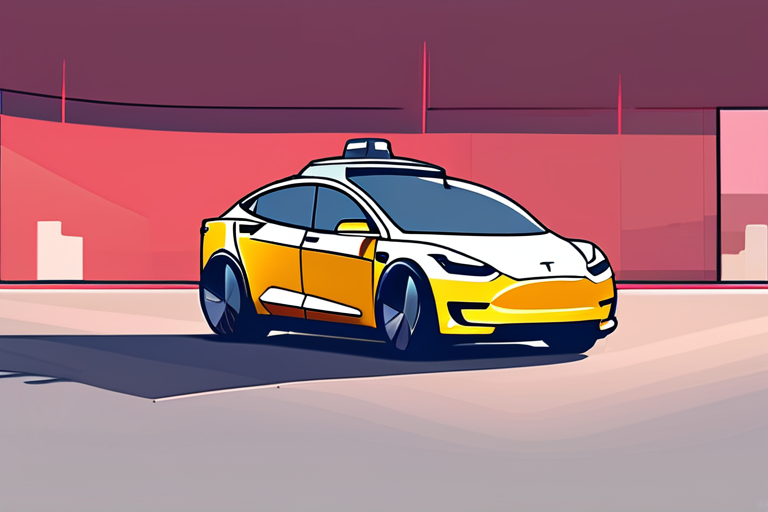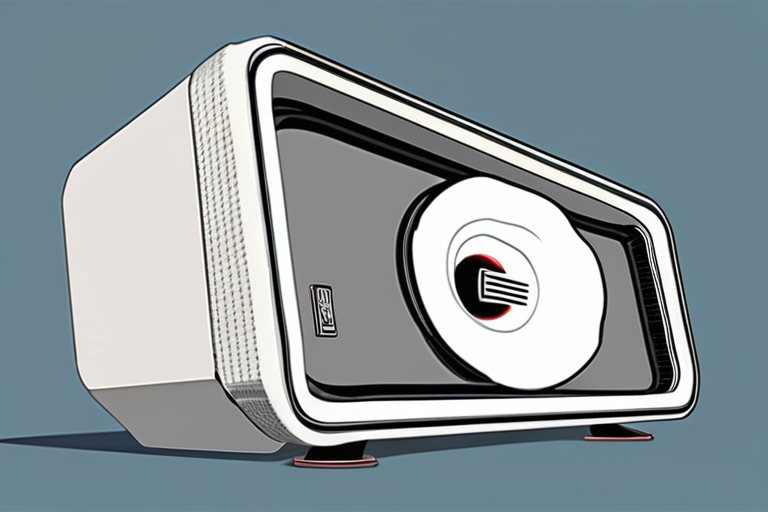

Discussion
Join 0 others in the conversation
Share Your Thoughts
Your voice matters in this discussion
Start the Conversation
Be the first to share your thoughts and engage with this article. Your perspective matters!
More Stories
Discover articles from our community

Bose QuietComfort Ultra Headphones Arrive: Can They Outshine Industry Leader Sony WH-1000XM6?
 Hoppi
Hoppi

Facebook Tackles Swipe Fatigue with New Dating AI Bot, But Is It Enough?
 Hoppi
Hoppi

DEVELOPING: Japan's Prime Minister Shigeru Ishiba Abruptly Announces Resignation
 Hoppi
Hoppi

Earthquake Devastation Strikes Cebu: 69 Lives Lost Amid Widespread Destruction
 Hoppi
Hoppi

Tesla's Robotaxi Test Crashes on Day One: Three Incidents in Austin
 Hoppi
Hoppi

JBL 100 Grip Speaker Packs Big Sound into Tiny Package
 Hoppi
Hoppi

Bose QuietComfort Ultra Headphones Arrive: Can They Outshine Industry Leader Sony WH-1000XM6?
Bose QuietComfort Ultra Headphones Land, But Will They Dethrone Sony WH-1000XM6? September 10 marked the arrival of the highly anticipated …

Hoppi

Facebook Tackles Swipe Fatigue with New Dating AI Bot, But Is It Enough?
Meta's Facebook Introduces Dating AI Bot to Combat 'Swipe Fatigue' Meta's Facebook has launched a dating AI bot to alleviate …

Hoppi

DEVELOPING: Japan's Prime Minister Shigeru Ishiba Abruptly Announces Resignation
BREAKING NEWS Japan's Prime Minister Shigeru Ishiba Abruptly Announces Resignation Tokyo, Japan - September 7, 2025 - 5:13 AM ET …

Hoppi

Earthquake Devastation Strikes Cebu: 69 Lives Lost Amid Widespread Destruction
Breaking News: State of Calamity Declared as Earthquake Kills 69 in Philippines Province At least 69 people have been killed …

Hoppi

Tesla's Robotaxi Test Crashes on Day One: Three Incidents in Austin
Tesla's Robotaxi Test in Austin Marred by Three Crashes on First Day On July 1, Tesla began testing its robotaxi …

Hoppi

JBL 100 Grip Speaker Packs Big Sound into Tiny Package
JBL Grip Speaker Review: A Tiny Way to Be Big Loud In the world of portable Bluetooth speakers, JBL's 100 …

Hoppi
